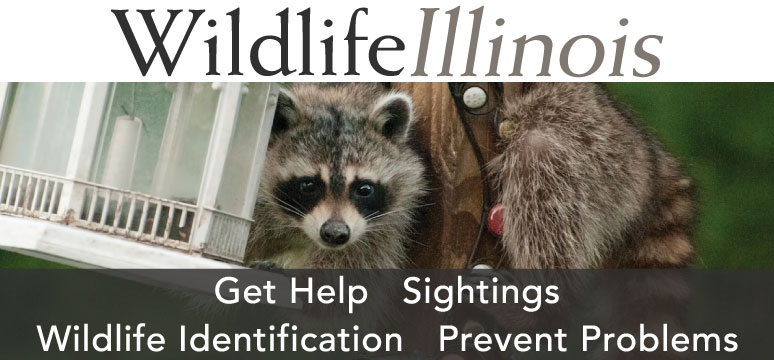
Photo by Mike Budd/USFWS.


Photo by Mike Budd/USFWS.
East-central Illinois has the opportunity to provide exceptional recreational and conservation opportunities. It’s the perfect set-up, where you can hunt ducks or geese at dawn and ring-necked pheasant roosters after noon. Now more than ever, we need landowners to step up and restore wildlife habitat, especially on marginal farm ground. Doing so will not only provide great hunting opportunities, but also the opportunity to conserve pollinators, monarchs and water quality.

On lands already restored in Ford and Iroquois counties, fields commonly host pheasants and decent numbers of mallards, teal, geese and other game species. It is a unique experience and there are not many places where you can do this outside of North and South Dakota.
Jason Bleich, Conservation Specialist with Pheasants Forever, said “the folks in the Dakota’s talk about these types of hunts all the time. What most people don’t realize is that we have the same opportunity in Illinois. I’m fortunate to have that opportunity on our family farm in Ford County, where I can hunt ducks and geese in the morning and pheasants in the afternoon.”
The benefits of large blocks of habitat are numerous for the landowner, but also for the community. Neighbors “profit” from the aesthetic beauty a field full of wildflowers provides, as well as what’s floating through the fields, such as monarch butterflies. The same fields that provide waterfowl and pheasant hunting have had thousands of monarchs roosting there during their fall migration, leaving landowners stunned and impressed. If enough habitat is restored, especially duck habitat, downstream communities will see reduced flooding and improved water quality.

These opportunities tend to be present throughout central and northern Illinois, not just Ford or Iroquois counties. It’s important to note that landowners don’t have to go at this alone. Wildlife biologists are available and ready to help. They have the ability to assess your fields and your objectives, then develop a restoration plan that fits your goals. They can do just about everything, from completing a design to locating a contractor. They just can’t guarantee the game shows up, or that you can hit it if it does.
For duck projects in Ford, Iroquois, Will, Kankakee and Livingston counties, contact Pheasants Forever’s wetland specialist, Katelyn Beckemeyer, at (618) 420-4278 or at kbeckemeyer@pheasantsforever.org. If you are outside of those counties, send a message to illinoisplo@fws.gov and it will be routed to the appropriate biologist. Note that flooded corn is not available for assistance.
Mike Budd is the Private Lands Coordinator for the U.S. Fish and Wildlife Service in Illinois. He has worked with private landowners for the majority of his 12-year career in natural resources, including stints with Ducks Unlimited. Originally from Michigan, Budd has had the opportunity to work in multiple states including Virginia, New York and Arkansas and is excited that Illinois has such a rich opportunity for wetland restoration. At each stop, he has picked up a new tip or trick from private landowners on how to restore wetlands efficiently and effectively. Budd, his son, daughter, wife and old retired duck-dog live in Sangamon County.
Submit a question for the author